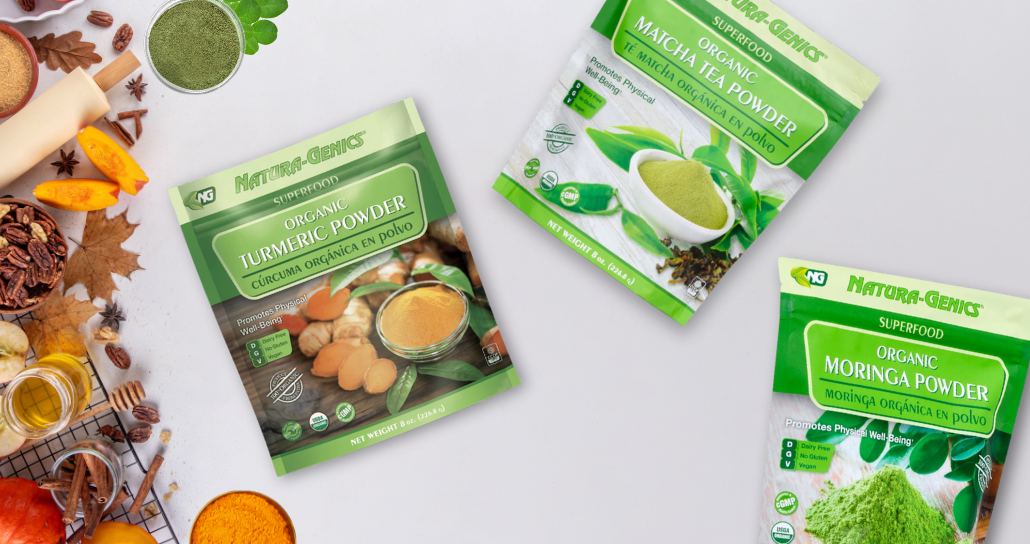Hemorrhoid FAQs: Causes, Symptoms, Prevention, and Relief

Hemorrhoids, or piles, are swollen veins around the anus or lower rectum and can be quite unpleasant. Hemorrhoids are common in women and men and affect about 1 in 20 Americans. By midlife, at least half of the population will have experienced symptoms of hemorrhoids. So, if you’re trying to get rid of hemorrhoids, don’t worry; you’re not alone.
Common symptoms of hemorrhoids include:
- Pain and irritation around the anus
- Bright red blood in stool, toilet paper, or toilet bowl
- Itching
- Swelling or lump around the anus
- Difficulty sitting
What Causes Hemorrhoids?
Hemorrhoids occur when there is too much pressure in the veins around your anus. Some of the causes of strained veins include:
- Straining during bowel movements
- Chronic constipation
- Sitting for long periods of time, especially on the toilet
- Obesity
- Family history of hemorrhoids
- Pregnancy
- Being over the age of 50
Why Do Hemorrhoids Itch?
Hemorrhoids are accompanied by a variety of unpleasant symptoms. Itching is one of the most uncomfortable side effects, especially in public. Itching occurs in prolapsed hemorrhoids. Some triggers of itching include inflammation, rubbing, passing feces, and the natural production of mucus.
Try to maintain good hygiene and avoid scented soaps that can further aggravate itchy skin. You can also try a hydrocortisone cream that can help relieve inflammation and itching.
Do Hemorrhoids Cause Constipation, Gas, and Bloating?
Hemorrhoids can indirectly cause constipation, gas, and bloating. When prolapsed hemorrhoids swell, they can block your anus and obstruct your bowel, preventing bowel movements and causing or contributing to constipation. Lack of bowel movements can result in built-up gas and bloating making everything more uncomfortable.
Formula HMR™ is a unique combination of vitamins and herbal extracts developed to provide anti-inflammatory support and ease some of the discomforts of hemorrhoids. Turkey rhubarb and fiber-rich acacia powder help promote healthy bowel movements. The anti-inflammatory properties of Formula HMR can assist in relieving swollen prolapsed hemorrhoids, which are significant contributors to digestive discomfort.
Do Hemorrhoids Go Away on Their Own?
In most cases, hemorrhoids will go away on their own after a few days. However, there are times when they become chronic or recurrent. Whether short-term or long-term, most people are eager to get some relief from the symptoms and prevent them from ever coming back again.
Lifestyle habits are essential in the relief of hemorrhoids and prevention. To help speed up the healing process:
- Take regular showers
- Avoid delaying bowel movements
- Try sitting on ice packs
- Exercise regularly to promote regular bowel movements that are easy to pass.
If you need extra help, don’t forget to reach for Formula HMR™!
Are Hemorrhoids Preventable?
Hemorrhoids aren’t always preventable, but you can reduce your risk of getting them by eating a healthy diet with plenty of fiber and staying hydrated. Fiber and plenty of fluids can help promote healthy bowel movements with little to no straining. Here are some examples of food high in dietary fiber:
- Oats
- Whole wheat
- Pears
- Apples
- Beans
- Avocado
- Berries
- Broccoli
Exercise can also minimize the risk of becoming constipated. Any form of cardio benefits the digestive system, so include it daily for best results. Even short 10-minute walks throughout the day can help keep things moving.
Avoid sitting on the toilet for long periods of time. Surveys have found that 9 out of 10 people use their smartphones in the bathroom, leading to prolonged sitting and unnecessary straining. On average, a healthy bowel movement takes no longer than 10 minutes, so sitting on the toilet beyond that should be avoided. This means you might have to leave your phone behind and take a solo trip to the bathroom next time.
When to See a Doctor for Hemorrhoids?
Even though hemorrhoids are common and usually go away on their own, there are times when visiting a doctor may be necessary. If you have exhausted at-home treatments and the hemorrhoids won’t go away or don’t get any better, it is best to see a doctor. In severe cases, hemorrhoids can be surgically removed. If you experience abnormal amounts of bleeding, dark or tarry stools, and the persistent feeling of a lump, it is best to see a doctor to rule out any other potential and more serious conditions.
Your Hispanic American Health Store
Health Hispanica® is a Hispanic-American health store specializing in supplements from Hispanic-American-owned brands such as Natura-Genics® and Yerba Farma®. We strive to provide quality and innovative supplements at fair prices and educate our clients and community on healthy living.
The statements above have not been evaluated by the Food and Drug Administration (FDA). This product is not intended to diagnose, treat, cure, or prevent any disease.



Leave a comment